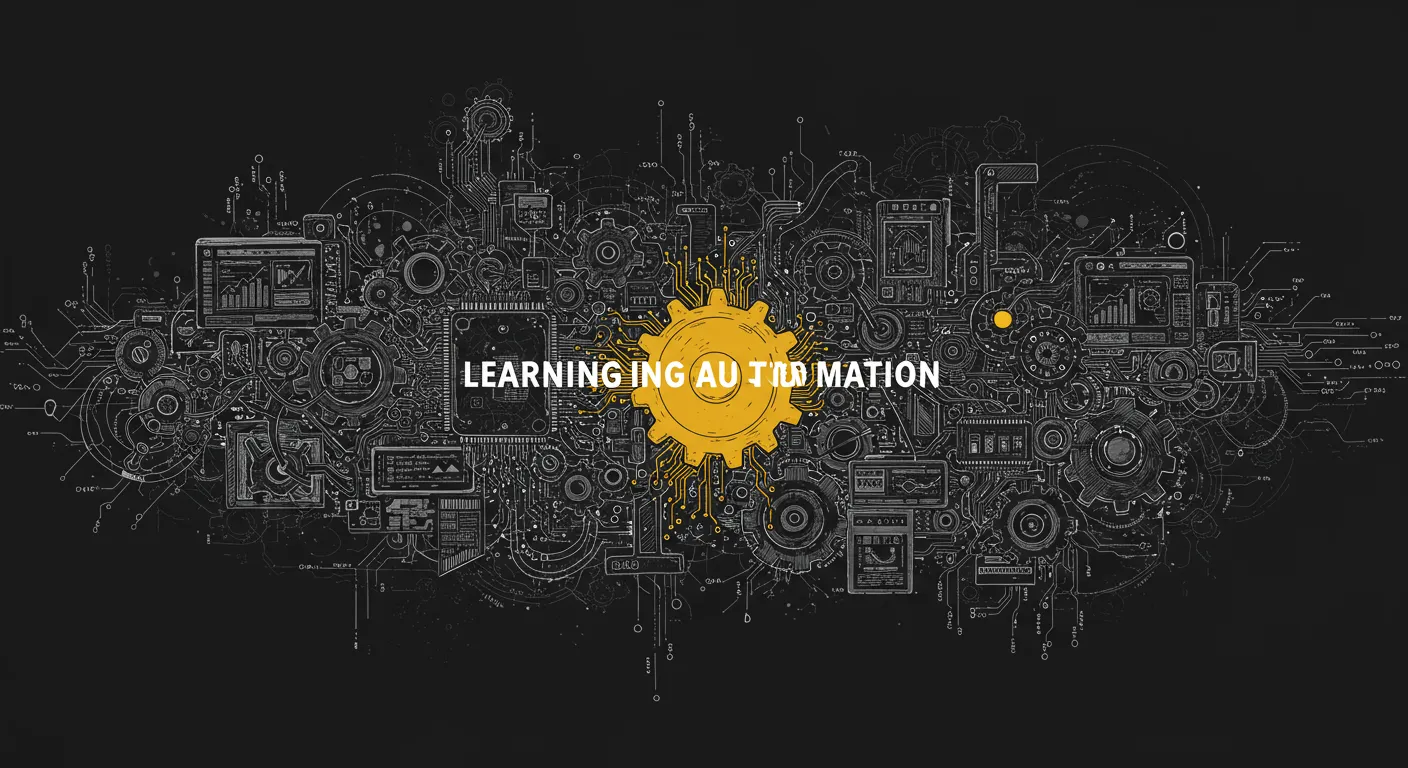Duolingo is doubling down on an AI-first strategy, replacing human contract workers with artificial intelligence in a move that's sparking heated debate among online commentators. The language learning platform, long known for its gamified approach to education, is positioning itself at the forefront of a potential workplace transformation.
The company's approach goes beyond simply using AI as a tool. Online commentators suggest Duolingo is fundamentally reimagining its operational model, tying AI performance directly to company metrics and review processes. This isn't just about cost-cutting, but about fundamentally restructuring how language learning content is created and delivered.
However, the move isn't without skepticism. Many users have long viewed Duolingo more as a language-learning game than a serious educational platform. Some commentators argue that the app has always been more about maintaining streaks and gamification than deep linguistic learning. The AI transition might actually align with the platform's existing approach of prioritizing user engagement over comprehensive language instruction.
The broader implications are significant. Some tech observers see this as a potential blueprint for AI-native companies, where artificial intelligence isn't just a supplementary tool but the core of operational strategy. Yet, there's a lingering question about whether AI can capture the nuanced human elements crucial to language learning.
Ultimately, Duolingo's experiment represents a critical test case for AI integration. Can artificial intelligence truly replace human nuance in education? As the platform scales faster and potentially cheaper, the real measure of success will be whether learners can still acquire meaningful language skills in an increasingly automated environment.


